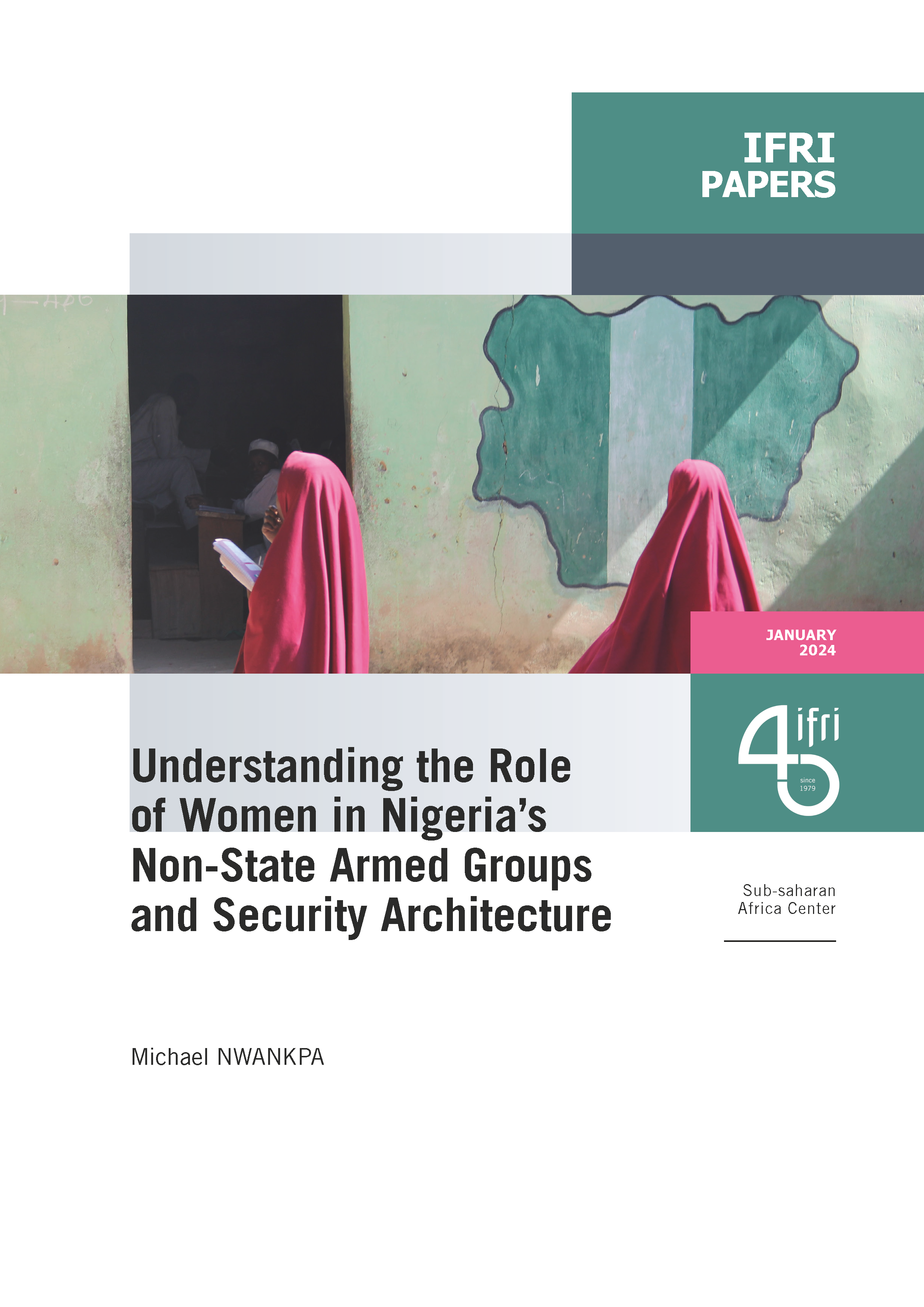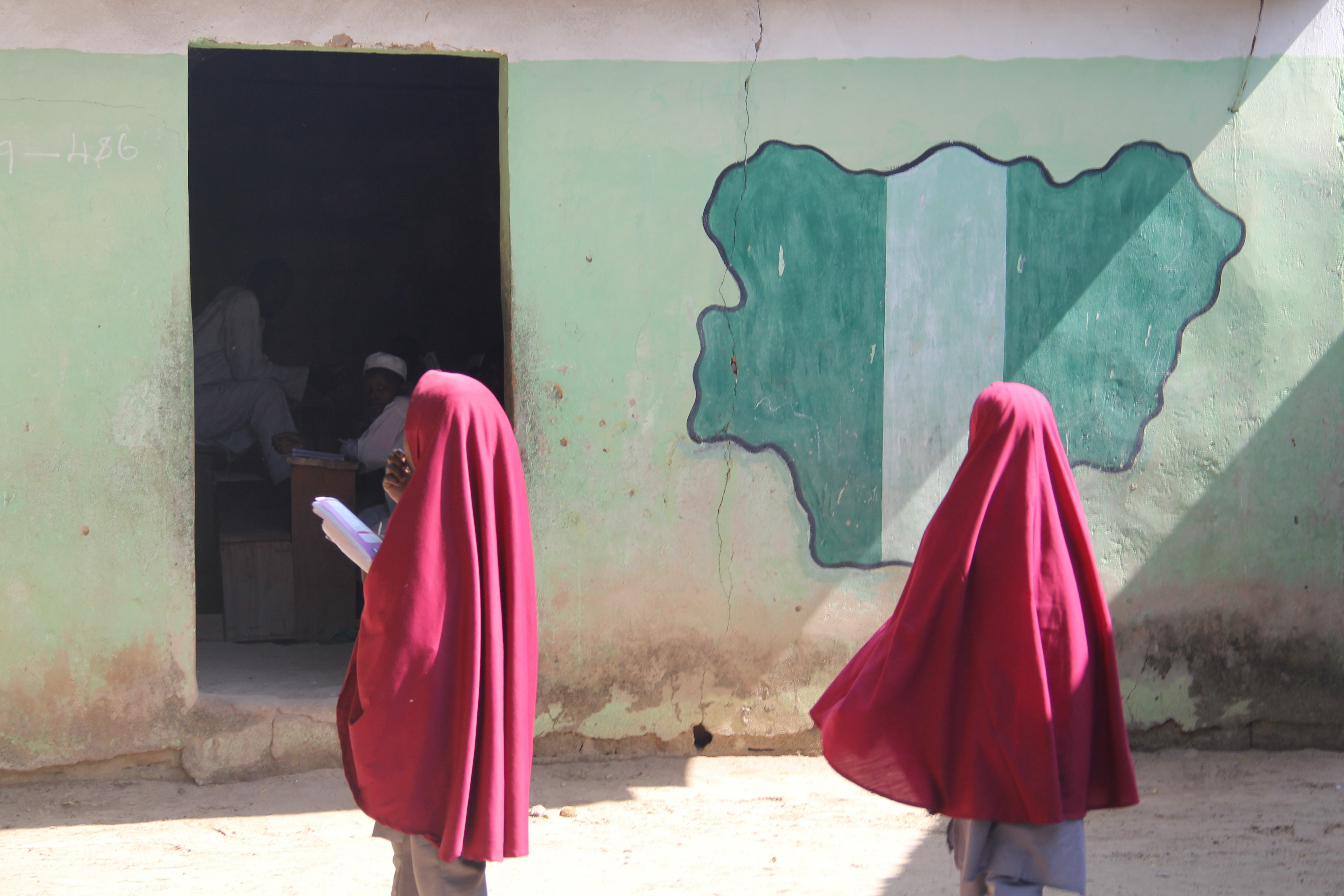Understanding the Role of Women in Nigeria’s Non-State Armed Groups and Security Architecture

Since 1999, when Nigeria returned to civilian government after successive military regimes, it has continued to face enormous challenges to its legitimacy and monopoly of the use of force.

Protest groups, social movements, and non-state armed groups have emerged over the years to demand good governance in some cases and, in other extreme cases, secession, self-determination, and subversion of Nigeria’s secular political system. Many groups have been willing to take up arms against the state to pursue their objectives. Men are usually the significant actors in these armed groups, while most women are considered victims.
However, since 2014, when Boko Haram started deploying female suicide bombers and mobilizing more and more girls and women in its terrorist strategies, women’s role in Nigeria’s armed conflicts and their capacity to use violence have gained visibility. Despite this, ascertaining the role of women (mainly whether they occupy positions of power and can perpetrate violence) in non-state armed groups’ activities against the Nigerian state remains difficult, judging by the overwhelmingly male-dominated recipients of the government’s amnesty and deradicalization programs.
Relying on interviews with key respondents, this paper fills this gap by interrogating the role of women as victims or perpetrators in Boko Haram and Niger Delta insurgencies, Nigeria’s two foremost insurgencies since the return to democracy in 1999, as well as engaging with the prospect of an effective legislative and policy response that is negotiated by increasing the number of women in security and political leadership positions.
Download the full analysis
This page contains only a summary of our work. If you would like to have access to all the information from our research on the subject, you can download the full version in PDF format.
Understanding the Role of Women in Nigeria’s Non-State Armed Groups and Security Architecture




